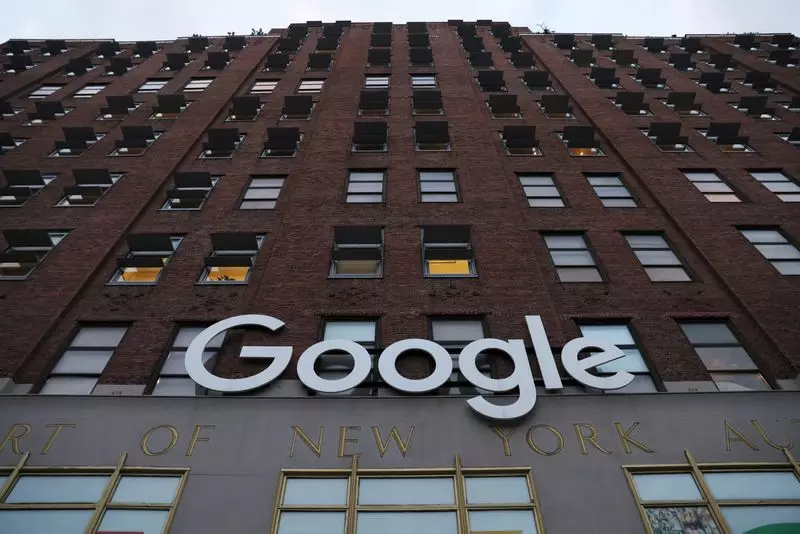The ongoing legal battle between the U.S. government and Google continues to garner attention as implications of antitrust laws come to the forefront. Recently, a court filing indicated that the Department of Justice (DOJ) is contemplating measures that may compel Google to divest certain business sectors. These sectors are alleged to have fortified Google’s dominant stature in the online search arena, which currently commands an overwhelming 90% share of U.S. search queries. This monumental case stands as a pivotal moment in determining the landscape of internet search functionality in America.
The DOJ is expected to submit a more comprehensive analysis and proposal by November 20, elucidating possible remedies for what it deems an illegal monopoly. This development marks a significant stride for antitrust authorities who have intensified their scrutiny over numerous Big Tech players in recent years. Following U.S. District Judge Amit Mehta’s ruling affirming the existence of Google’s monopoly, notable discussions have arisen around restructuring the tech giant’s operations.
Google maintains a staunch defense, asserting that its search engine has attained its position not through illicit practices, but rather through superior quality and user satisfaction. Furthermore, Google points out the existence of substantial competition from alternative platforms beyond conventional search engines, including e-commerce titan Amazon and a spectrum of niche sites.
Amidst these developments, the voices from competing enterprises have urged for decisive actions, including potential divestiture. Yelp, a well-known review site that has previously clashed with Google over search-related practices, has articulated its demand for structural changes within Google. The company is advocating for the detachment of Google’s Chrome browser and artificial intelligence capabilities as a plausible solution to the perceived favoritism in search result rankings.
Adam Epstein, co-CEO of adMarketplace, accentuated the seriousness of the situation, suggesting that a sell-off threat may prompt Google to consider more conciliatory solutions. This sentiment highlights a broader call within the tech sector for equitable operating conditions that could level the playing field for emerging competitors.
The pursuit of a more equitable digital marketplace has also led DuckDuckGo, a rival search engine, to propose that Google should be mandated to license its search outcomes to competitors. This suggestion aims not only to encourage innovation but also to enhance user choice within the search engine landscape. Licensing could provide a mechanism to diversify options for users while promoting healthy competition.
As the DOJ prepares its formal proposal, the future trajectory of Google’s business model hangs in the balance. Both regulatory bodies and competitors seek to redefine the operating parameters in which such a significant entity functions. This situation underscores the delicate interplay between innovation, regulation, and competition, ultimately shaping how users will interact with search technologies in the years to come. As developments unfold, stakeholders across various sectors will be watching closely for the implications of these legal actions on the digital ecosystem.

